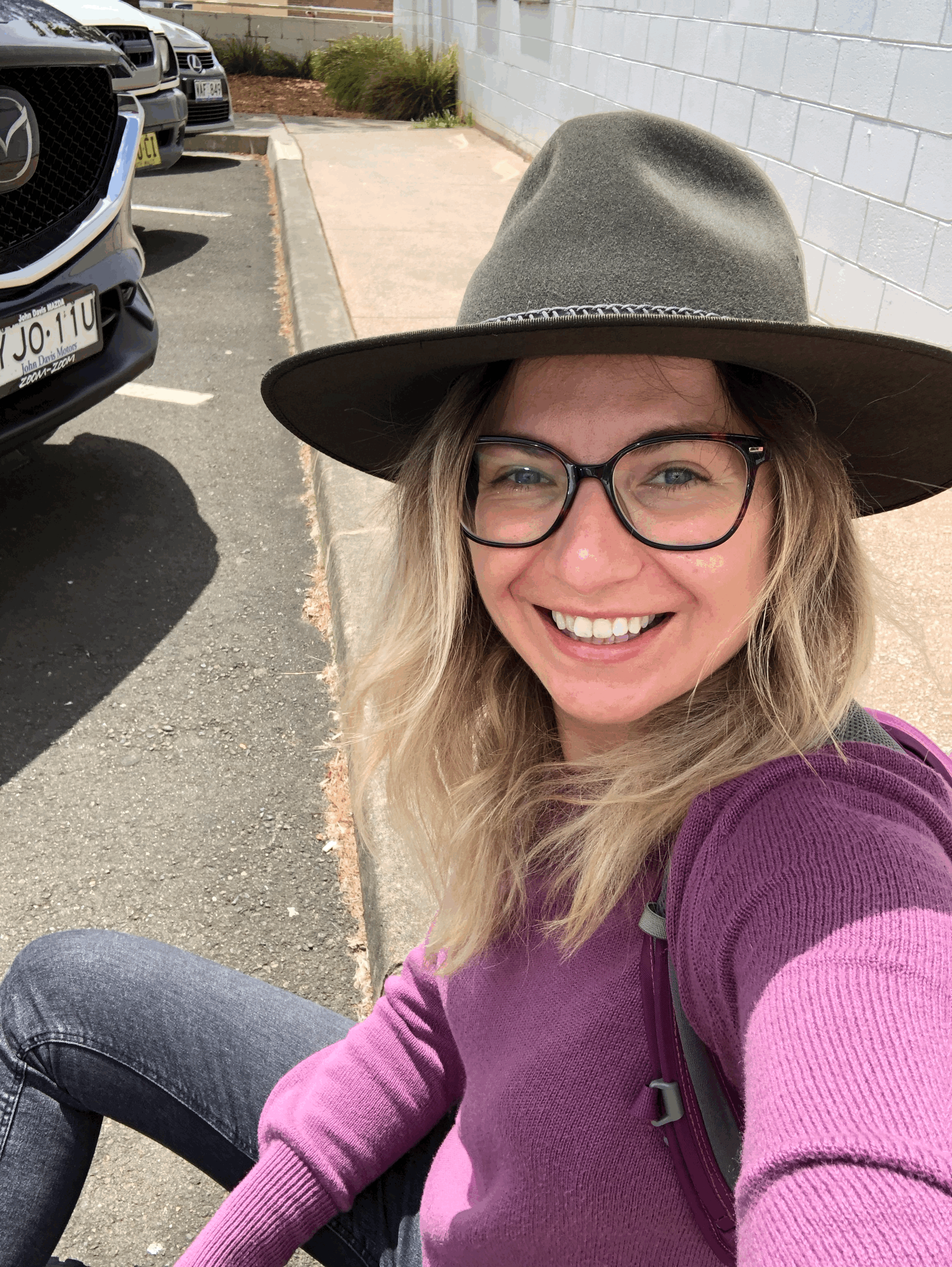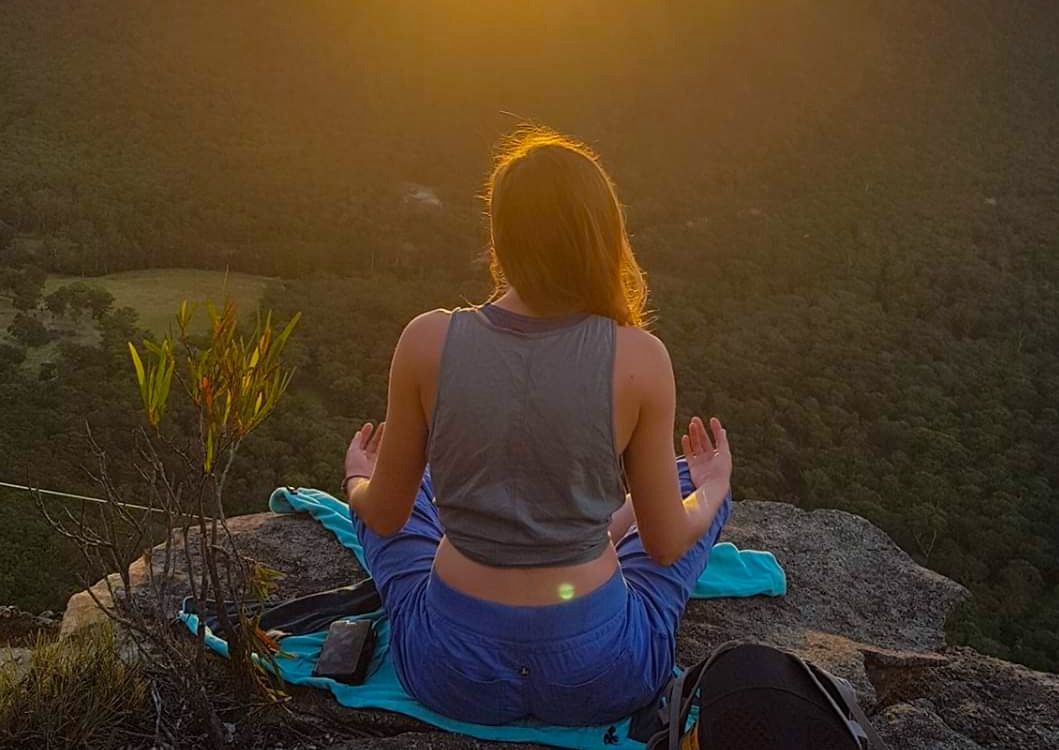As much as I support the 14-day quarantine imposed by the government for travelers coming into Australia, the idea of spending two weeks without any fresh air, in a room with no open windows, scared the hell out of me.
You see, I’ve always been a very anxious person, and on top of that, about a year ago, I suffered from depression. It was a horrific experience that also left me with the understanding that it can happen again if I don’t be proactive about taking care of my mental health.
It's my 8th day in quarantine in full isolation, and I am doing okay. Waves of anxiety come and go, but I am managing well so far.
Here are some strategies that I use in isolation to keep me sane.
Routine is fun
From day one, I implemented my daily routine. Nothing too serious or too long. The key is to make it enjoyable and super easy to achieve. To give you an example, I am not a fan of making my bed in the morning, but I like to sing. So every morning when I am making my bed, I sing now.
I also have core elements of my day: make my bed, shower, yoga, meditate, write, read, and handstand practice. It's essential to be consistent with your routine. Practicing something just for a few minutes every day will prompt a massive change in the long run.
Set one new positive habit
Taking isolation as an opportunity for self-improvement can help to deal with stressful aspects of it in a better manner. For my two weeks in iso, I decided to focus on creating a new habit of practicing handstands. It's something I always wanted to learn how to do but never followed through. It's also challenging enough yet achievable.
Quarantine is a perfect environment for setting new learning, physical or professional habits. I've recently listened to the book by James Clear called Atomic Habits and found it very inspirational. He explains in an easy way how you can improve your life by creating good habits and eliminating bad ones.
Exercise 15-20 min a day
It's a bit hard for me to keep focus for too long when I feel stressed and anxious. So I asked myself how I can workout while in isolation keeping this fact in mind. I decided to do short (15-20 min), yet regular (every single day) sets of exercises.
Additionally, I asked my friends to do it with me via video call. Each day one of us prepares a short work out for everyone else, and then we do it together. It has been such a positive experience for me, and I already see results in just one week of regular practice.
Practice Meditation
I don't know how you feel about meditation, but for me, it's somewhat challenging. My thoughts are often bubbling uncontrollably in my head when I attempt to focus on my breathing. But it's getting better with regular practice. I started with 5 minutes of meditation and am now practicing 20 min a day. It helps me a lot to keep my emotions and anxious mind in check.
Be kind to yourself and don't push too hard from the get-go. Realize that unwanted or unpleasant thoughts will appear, and that's okay. Acknowledge them and bring your attention back to the breath.
If you need help to start meditating, the Headspace, or Calm apps can help with getting you into a regular practice habit.
Eat Well
According to Harvard Medical School, our brain and gut are highly connected, and any irritation in the gastrointestinal system can cause mood changes such as anxiety and depression and vice versa. So in times of uncertainty, I look after my diet and fight my ice-cream and pizza cravings.
Meals in the hotel are lovely, but in addition to them, I got delivered a bunch of fresh fruit, and I remind myself to munch on them as my snack.
Reach out to your friends and family
Being in isolation can be lonely, so I feel it's vital to be proactive about reaching out to your loved ones.
I have a few messenger chats with friends and family, and from time to time, we arrange video calls with each other. You can exercise, meditate, or drink coffee/tea remotely together and trust me it works well and leaves you with the feeling of connectedness and warmth.
Help others
It's essential to take care of yourself, but it's as important to understand that we are all in this together.
I might not be able to fix the world, but I believe even small acts of kindness can make a difference. Especially in these challenging times.
Reach out to people around you and see if you can help, support in any way or bring some comfort in their lives.
Stay safe, and well everyone.
P.S. A friend of mine sent me this beautiful workbook on how to cope with Covid-19 related changes. It's very useful and comprehensive.
Big thank you to Rashnith, Sam, and Sandra for help with this article.

